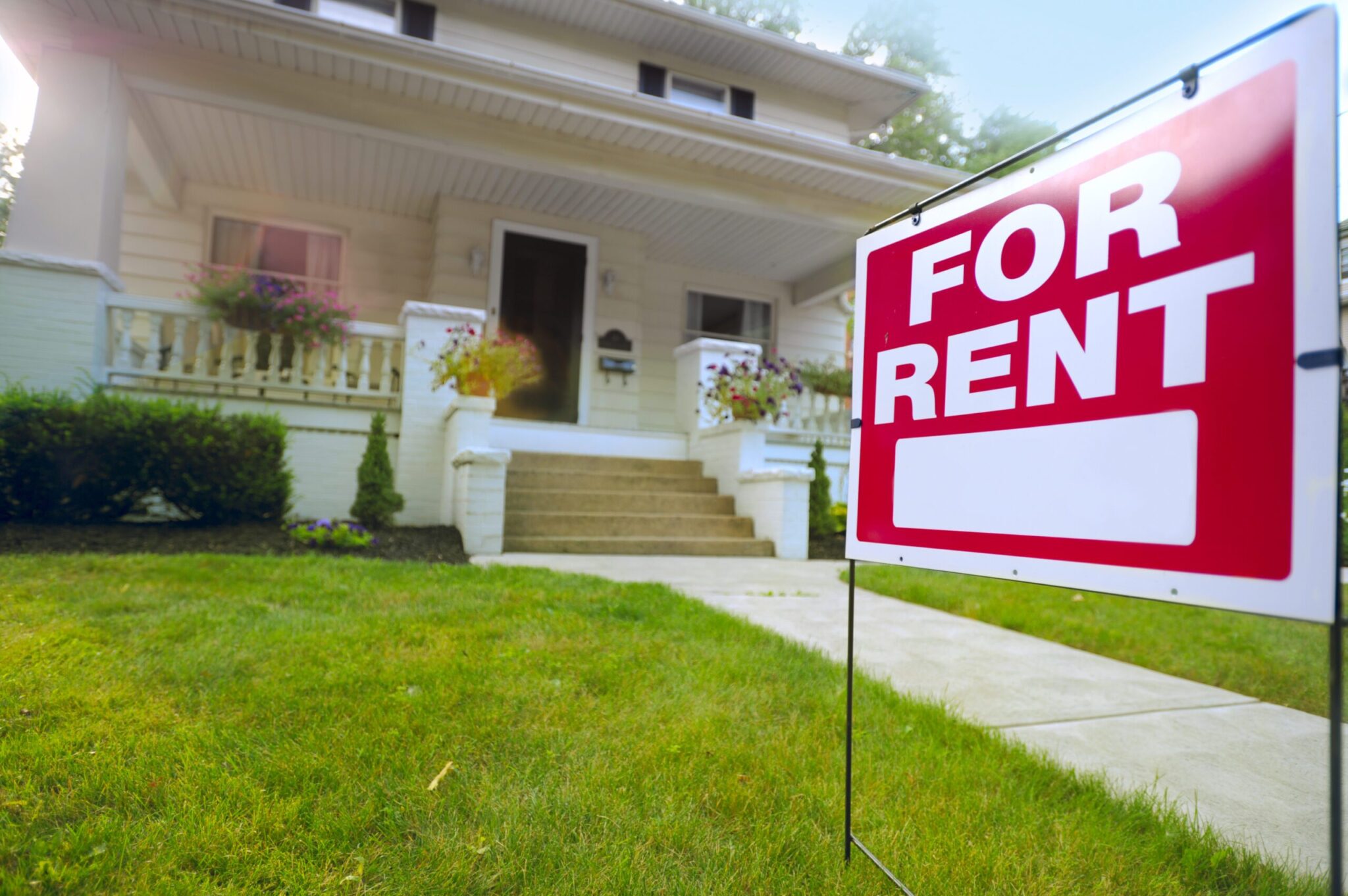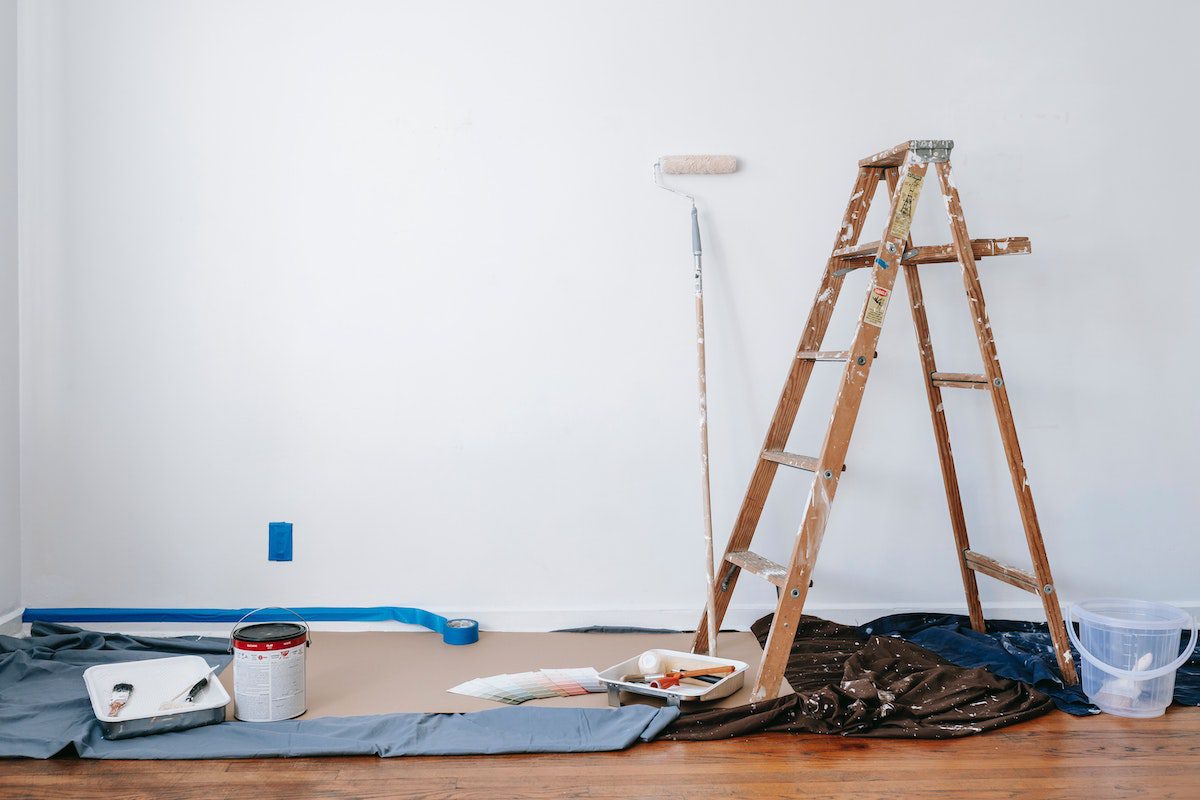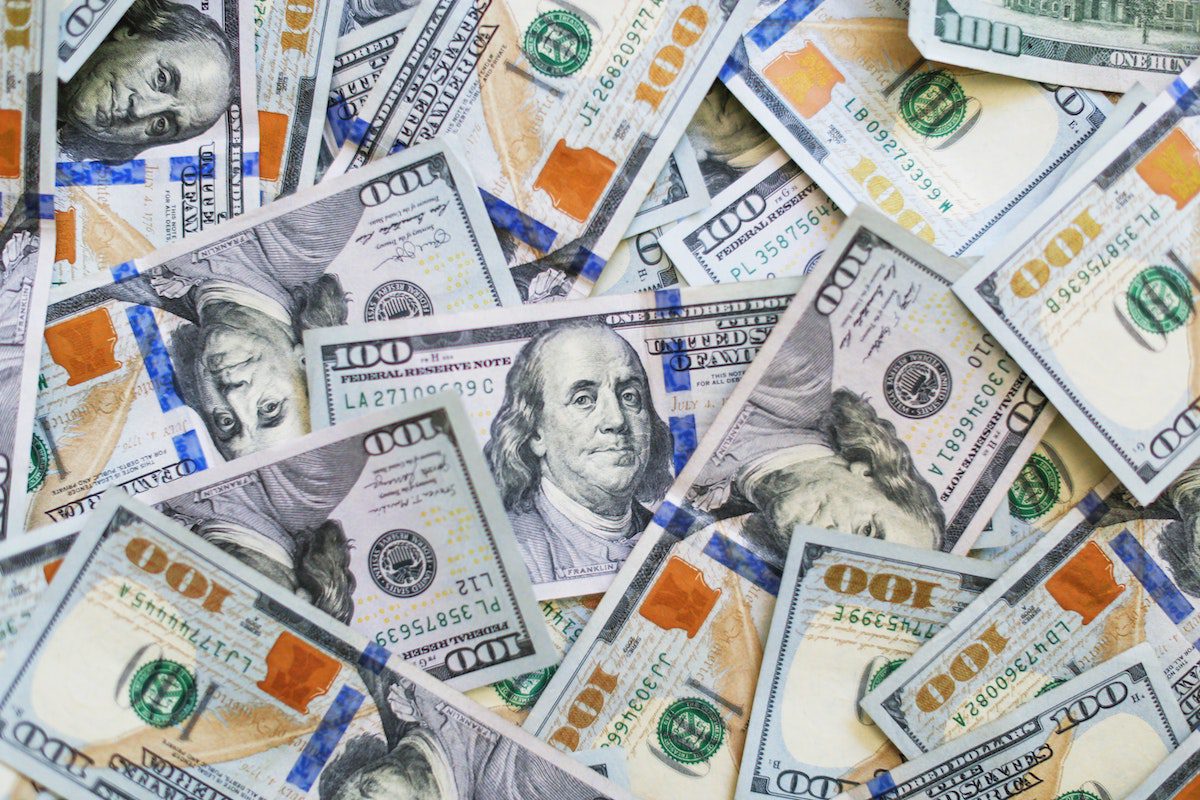Should I Buy a Rental Property: 25 Benefits of Renting Your House

Real estate is one of the best investments around. If you're already a homeowner, buying a rental property is something to consider. Renting your house offers extra income, some tax breaks and return on investment opportunities.
So, if you've ever wondered, "Should I buy a rental property," here are 25 benefits you're likely to see.
1. You can collect rental income
The income you can generate is perhaps the best benefit of renting your house. You can expect to collect rents of $1,600 or more each month, and that can go a long way in covering the expenses of the home.
2. It's a source of passive income
Buying a rental property can be a solid source of passive income. This refers to earnings that you receive from a business or other source with little effort. Rentals are a great example because you can hire a property manager to handle the day-to-day while you collect monthly rents.
3. It provides ongoing cash flow
When you rent out your house, you can expect a certain amount of money to flow in each month for however long you own the home. Having a source of ongoing cash flow helps you cover the cost of the home but can also be a big help in case a financial emergency arises.
4. It's a long-term investment opportunity
Owning a rental home is a fairly stable investment that experts say is often less risky than stocks. You can generate income to cover expenses and hold onto the home for as long as you like. Once you accumulate a significant amount of equity in the home, you can sell it and usually turn a profit.
5. It lets you diversify your investments
Even if you already have stocks and other investments, buying a rental property lets you diversify your portfolio. Diversification essentially increases the likelihood that your investments will be successful and reduces risk. Real estate tends to be a lower-risk investment to add to the mix.

6. There are tax benefits
As a rental property owner, you can depreciate the purchase price of your rental home and any improvements you make to the property — and, use it as a tax deduction. The Internal Revenue Service uses a schedule to determine the depreciation amount, but the rental property is typically depreciated at about 3.6 percent a year for 27.5 years.
7. You can deduct mortgage interest
Many homeowners lost the ability to deduct mortgage interest on their primary residence on their tax returns in the 2017 tax law. But rental property owners can deduct mortgage interest on the first $1 million of their debt.
8. You'll have more tax write-offs
Rental property owners are allowed many other tax write-offs not available for primary residences, including property taxes, insurance and repairs. You can also deduct legal fees, property management costs and travel expenses. These write-offs amount to yearly savings.
9. You can sometimes defer taxes
The IRS allows for “like-kind" exchanges. This means you essentially sell one rental property and buy another one with the proceeds and not have to recognize it as a gain or loss, meaning you can defer paying tax. The properties just need to be of the “same nature or character, even if they differ in grade or quality," according to the IRS. It's always a good idea to consult with a CPA to ensure everything is in check.
10. Rents keep going up
Rent prices for single-family homes jumped 5.3 percent in April 2021 from the previous year, according to CoreLogic. And, the trend is expected to continue, ensuring a solid income for rental property owners.

11. Interest rates are at record lows
Mortgage interest rates have reached record lows in the past year. So, if you've ever wondered whether you should buy a rental property, it could be a good time. Buying a rental when interest rates are so low can save you thousands of dollars over the life of your mortgage.
12. It's not as expensive as you think
Purchasing a rental home is an expense, but not as much as you might think — especially if you're thinking long-term. Most conventional loans require a down payment of about 15 percent, but the rental income will likely cover your monthly mortgage payment and you'll see several tax deductions. Plus, locking in a low-interest rate when you purchase the home means you'll pay less long term.
13. The home will increase in value
Renting out your home lets you hold onto it while it increases in value. Down the road, when you decide to sell, you'll likely see a return on the investment. Homes tend to appreciate, exactly how much depends on the local real estate market.
14. It'll help pay your mortgage
The rental income you generate can be used to cover your mortgage payments. The longer you own the home and use rent payments to pay down the debt, it will help you build wealth. Later, you can tap into this money by selling or refinancing the home.

15. You can cover the home's expenses
Owning a rental property does come with some expenses, like taxes, insurance, repairs and maintenance. The income you make from rents can help cover these expenses, while you're building equity in the home.
16. You'll see a return on investment
Buying a rental property helps you build wealth by bringing a return on investment. ROI is how profitable an investment is related to the cost versus expenses of the home. Use a rental property calculator to determine the ROI for your home.
17. It's a good retirement plan
If you've been lax at saving or contributing to your 401(k), buying a rental property can be a solid way to plan for retirement. Collect rental income for several years to cover most of the home's expenses. Then, you can cash out on the equity you've built in the home when you sell and use the proceeds for your retirement. Or, if your primary residence is worth more, you can sell that home and live in your rental house.
18. You'll build equity
Equity is simply the difference between what you owe on the rental home versus the property's worth. The longer you keep the home, the more of the debt you'll pay down and the home will likely increase in value. Once you've built up a significant amount of equity, you can sell it at a gain. Another option is to take out a home equity line of credit (HELOC) and use the funds to purchase another rental home to grow your investment portfolio.

19. It's a way to maintain the home
Having tenants living in your home ensures that your home gets the TLC it needs. You can (and should) specify in your rental agreement which maintenance tasks tenants are responsible for, such as yard work or minor repairs. Tenants will also notify you when something breaks, so you can keep the home in tip-top shape.
20. It'll keep the property secure when you're not there
If your rental property is in a different city or state, having someone live there keeps the home secure and well-maintained. So, you don't have to worry about having an empty home that could be vulnerable to break-ins or storm damage.
21. You have an attachment to the home
Renting your house lets you hang onto it, which may be important if it holds a special place in your heart. Maybe you inherited the home that you grew up in and it has sentimental value. Or you just love the space but have to move away for a job or other circumstances. Renting allows you to generate income while keeping ownership until you can return.
22. It brings flexibility
Most lease agreements are good for one year. So, if you purchase a home to rent out and it doesn't work out or you need to move into the home yourself, there's some flexibility. You're also free to sell the home at any time, even when there's an active lease.

23. Property managers can handle the day-to-day
Owning a rental home may sound like a lot of work, but you can always hire a property manager to handle most of it. Property managers find and screen tenants, collect rents and coordinate repairs. They also check on the property regularly. Hiring a property manager typically costs about 10 percent of the monthly rent, but it's a worthwhile expense that could save you some headaches.
24. You'll always have a home to return to
Buying a rental property in a place where you've always wanted to live or where you plan to retire gives you a home to return to. The home should increase in value over time, and renting it out lets you generate some revenue until you come back.
25. You can always sell the home
The real estate market fluctuates. When you own a rental home, you have the advantage of selling when the market is in your favor or when you have so much equity built up in the home that you'll see a high ROI. Renting the home gives you the flexibility to sell when it's most advantageous to you.
Should I buy a rental property?
Buying a rental property is a great way to diversify your portfolio and build wealth. Renting your house brings many other benefits, too, such as tax savings, extra income and the ability to cover the home's expenses. Once you've purchased your rental home, list it at Rentals.com and reach millions of potential tenants.
